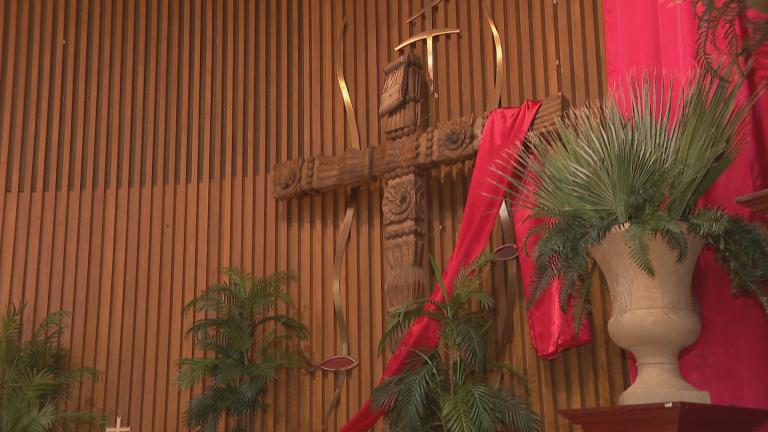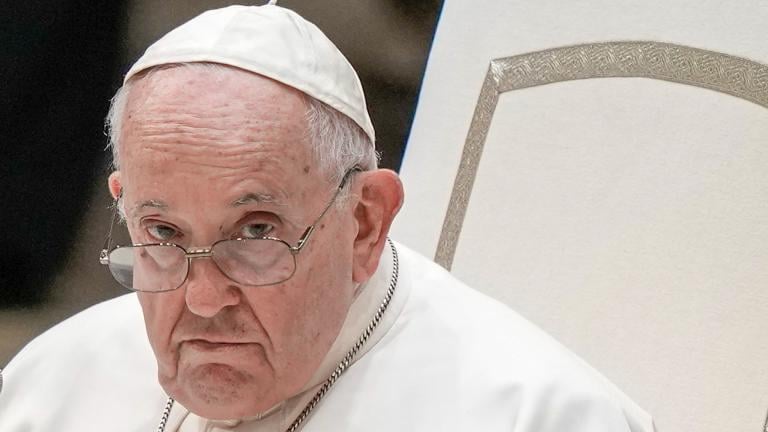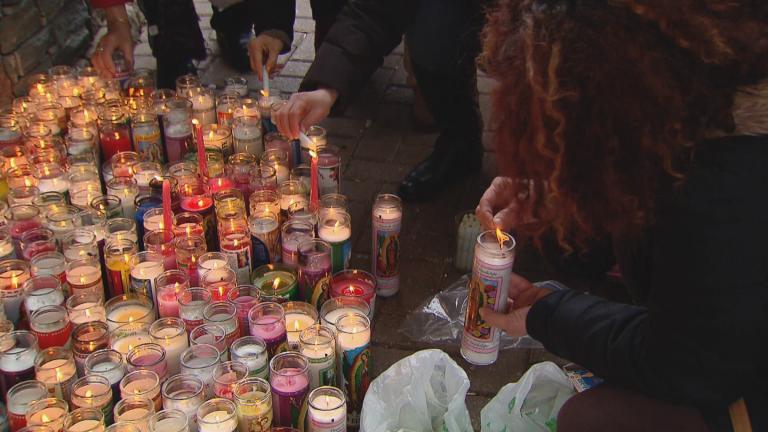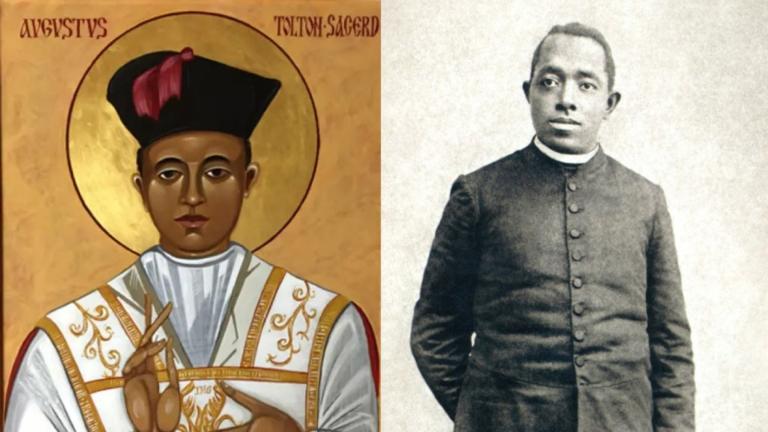Most people are either buried or cremated when they die, but there is another practice that’s gaining steam — and controversy along with it. It’s called natural organic reduction or “human composting.”
A bill sponsored by state Rep. Kelly Cassidy was narrowly approved by the Illinois House and is now before the state Senate. If the bill passes, Illinois would become the seventh state in the nation to approve the practice.
But the Catholic Church among others has voiced its opposition, saying human composting does not afford enough dignity for the dead.
U.S. Catholic bishops issued a statement in March reaffirming the church’s preference for burial, saying, “the Church has always taught that we must respect the bodies of the deceased.”
David Bonagura Jr., author of “Steadfast in Faith: Catholicism and the Challenges of Secularism,” said human composting is “an erosion quite literally of human dignity.”
“The human person is to be treated with dignity in life and with respect in life and also in death, which is why we have burial practices and customs and laws concerning what to do with human remains,” said Bonagura. “And why cultures for millennia of all sorts of different religions and practices have guarded and taken care of the dead. To compost the human being is to throw him into the dust or throw her into the dust. And it’s not something that’s in keeping with the dignity that a person deserves.”
Cassidy said the growing popularity of human composting comes “out of a desire for folks to have a way to continue to reduce their carbon footprint even in death.”
According to Cassidy, the current methods that are available for disposing of human remains are often environmentally problematic.
“In the two processes that the Catholic Church does approve of, burial, your bodily fluids are drained, you are pumped full of chemicals and you are sealed in a concrete box underground,” said Cassidy. “(And) cremation has emissions, and the ashes are actually really harmful to plant life. I used to think that people were mean for not letting people scatter ashes. The reality is they do real harm.”
But Bonagura said that even from a secular perspective, “human beings shouldn’t be treated like dirt, like trash or like organic waste.”
And that from a faith perspective, Bonagura continued, Catholics believe that God gave the human body a certain dignity.
“When we pray as Christians, we look forward to the resurrection of the dead and the life of the world to come,” said Bonagura. “That means we profess a reunion of body and soul after death. To compost the human body would be directly contrary to those beliefs. … The act of human composting, regardless of the intention behind it, the action says that this person’s body is worth no more than banana peels and anything else that I put in the compost, that’s in my backyard.”
“If we legalize human composting, we’re saying that human dignity doesn’t mean anything in death,” said Bonagura. “And then from there it’s a short step to say, ‘Oh, if it doesn’t mean anything in death, then does it mean anything in life?’”
Cassidy said the Catholic Church shouldn’t be telling non-Catholics what to do with their own bodies after death.
“This is as close to dust to dust as you could possibly hope for,” said Cassidy. “Ultimately this is about respecting individual traditions and priorities. … I’m not asking Catholics to be composted. I have no business telling a Catholic what to do with their body post-death. Just as the Catholic Church doesn’t have any business telling an environmentalist they have to use an environmentally damaging process to handle their remains.”








